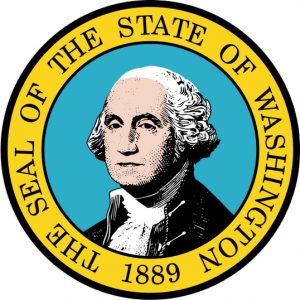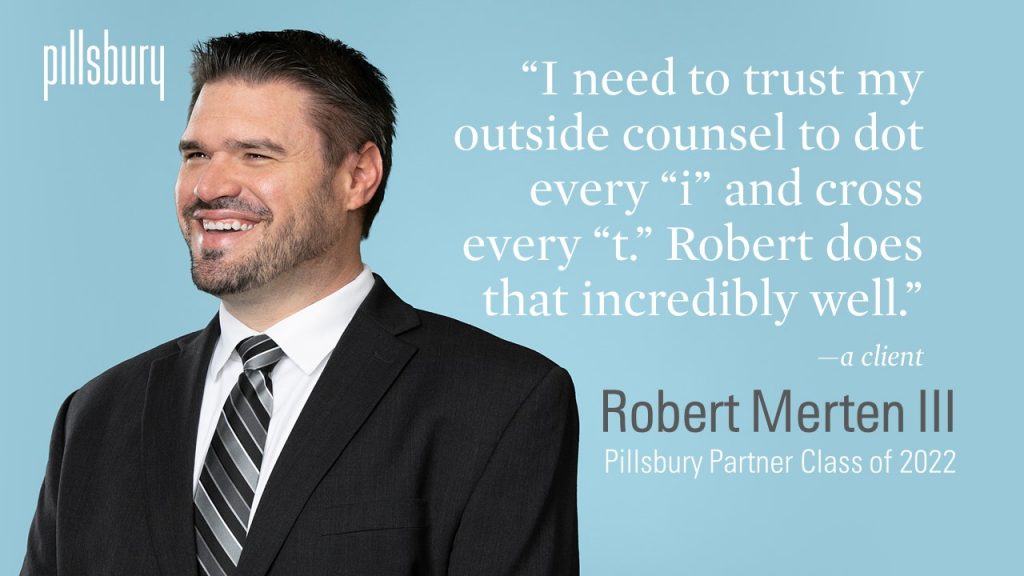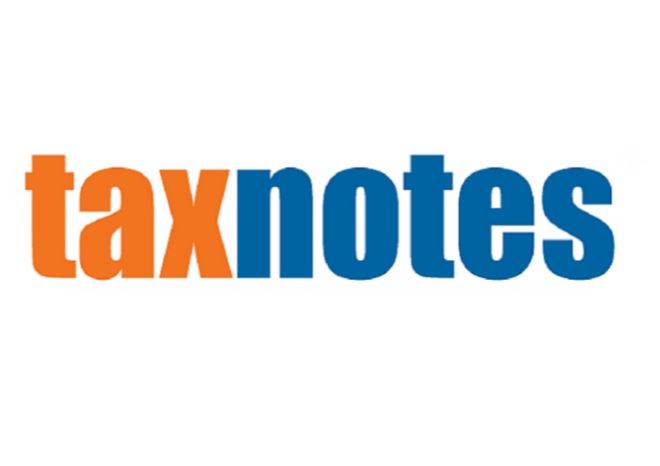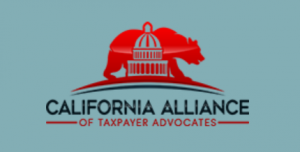
Two organizations, the Washington Bankers Association and American Bankers Association (collectively, the “Associations”), are urging the U.S. Supreme Court to review the constitutionality of Washington’s business and occupation surtax on large financial institutions. On January 28, 2022, the Associations filed a cert petition arguing that the surtax discriminates against interstate commerce in violation of the Commerce Clause and that the Washington Supreme Court’s decision upholding the surtax is erroneous.









